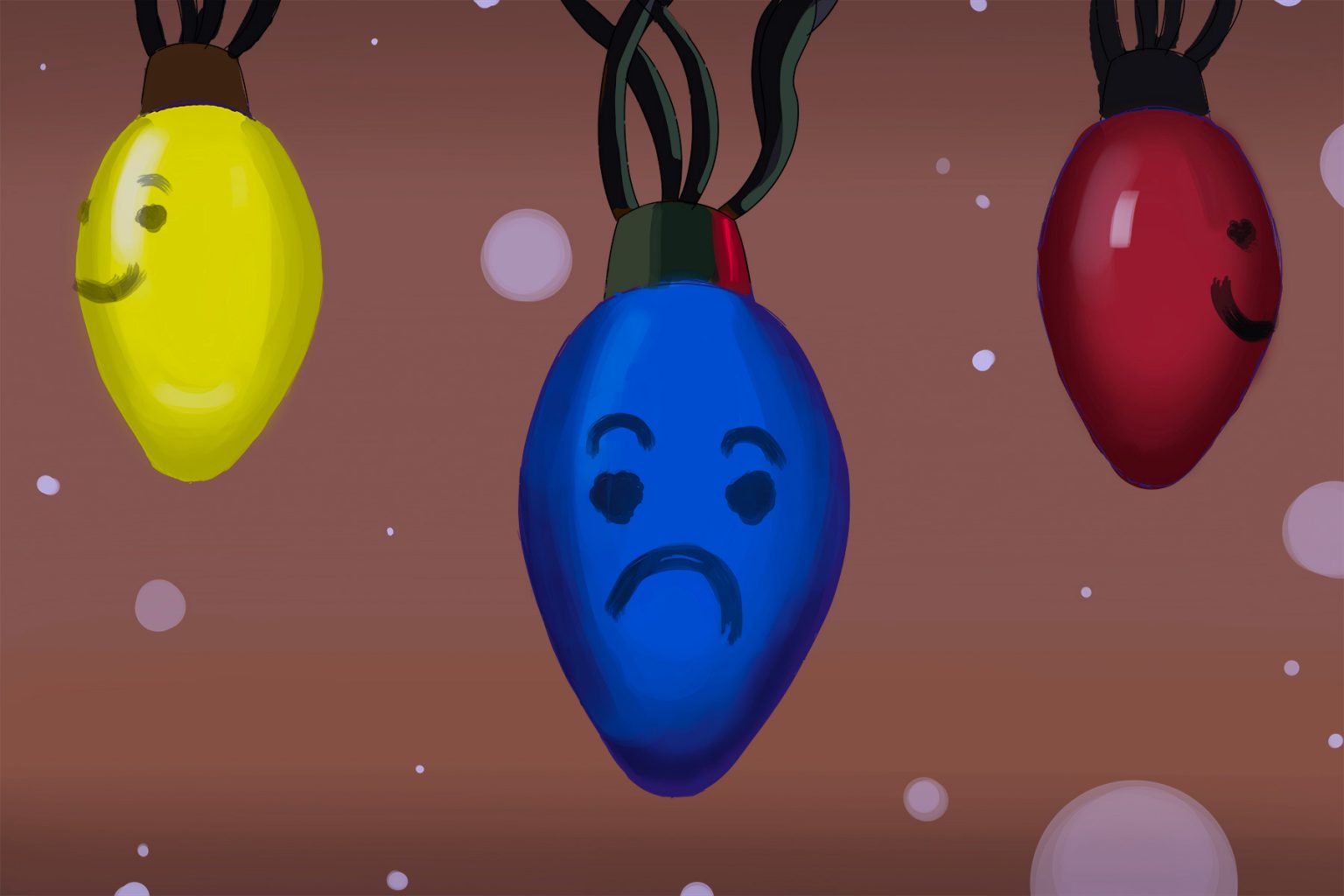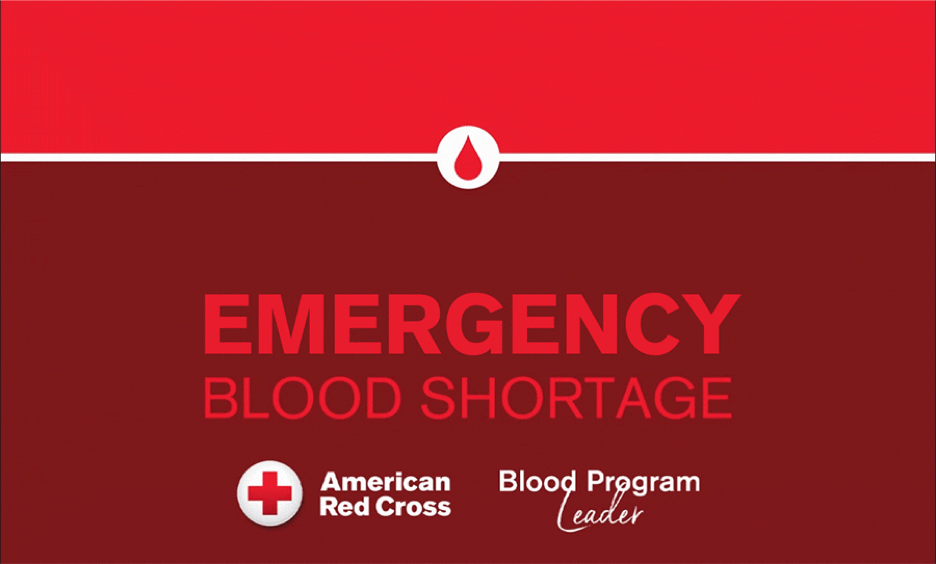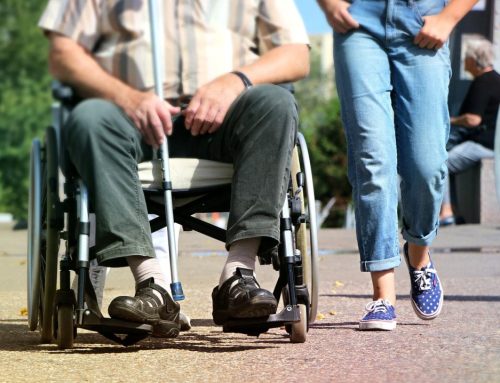 Holiday Depression: The Mental Health Issue We Need to Talk About
Holiday Depression: The Mental Health Issue We Need to Talk About
If there’s one good thing about millennials and Gen Z, it’s their willingness to address and acknowledge the prevalence of mental illness. It’s becoming close to common knowledge that one in five people are affected by a mental health issue in the U.S.
We’ve come a long way from the days of institutionalization and the treatment of hysteria, to the point where we’re actively discussing the issue in pop culture. Songs, movies and literature — as well as the advent of social media — have contributed to the widespread awareness of the dangerous lethality of mental illness. Nevertheless, for some reason, holiday depression has not received this same attention.
There’s certainly still a stigma toward mental illness in the U.S. no matter the time of year, however, the taboo quality surrounding the discussion of mental health grows exponentially during the winter months. This seems counterintuitive since this is the time when issues such as depression increase in prevalence. While it is untrue that suicide rates spike around the holidays, research discovered that 30% to 40% of the population have anxiety and depression around this time, while 60% of people who already experience mental health issues display worsened symptoms.
But why? For some, it could be directly tied to Seasonal Affective Disorder. One explanation might be changes in weather patterns, which cause people to alter their day-to-day habits. For example, in northern parts of the U.S., winter is a time when daylight is much shorter, temperatures are colder and snow is piling up by the foot. People are less apt to travel or even go outside, which can trigger depressive episodes.
For others whose depression doesn’t revolve around the seasons, the effect is a bit more indirect. Holiday depression can occur when we feel like we’re left out of all the fun. According to the National Alliance on Mental Illness, there is an expectation of participating in the holiday spirit, and disappointment in ourselves when we cannot live up to it. We think, “It’s the holidays — I should be happy. But, I’m not, and that makes me feel even more miserable.”
Consequently, increased family time can catalyze stress as well. Everyone agrees that family can be exhausting, but for some, adding that stress on top of their depression equals out to a dangerous combination. Besides the tiring political conversations that can somehow never be avoided, having to explain to everyone why you don’t have a job or a spouse gets old rather quickly. Family events also inevitably turn into a highlight reel, where you are subjected to hearing about the successes of all the cousins who were accepted into medical school, published their first book or got married.
And, of course, there’s all the fixation on food. Every major event, party or night out usually involves eating. As some might know, mental health issues — and the medications that treat them — can drastically affect appetite and weight. Especially if disordered eating is a personal struggle, the holidays become a nightmare.
Conversely, being alone during the holidays can be another factor, leading to unpleasant thoughts in an already isolated space. Maybe a loved one passed away around Christmas, or perhaps you’ve moved to a new town and won’t make it back home. There is something magical about all the lights, snow and festivities, but if you don’t have anyone, walking down the decorated streets might make you feel especially aware of your solitude.
There are many factors that could trigger or worsen holiday depression, but if you’re not sure about counting yourself among those affected, Cedars-Sinai hospital put together a list of common symptoms. Psychologist Dr. Michael Wetter explains that changes in mood or behavior are general signs that a person might be experiencing depression. These changes include erratic behavior, irritability, withdrawing from those around you, escape fantasies or an obsession with death.
In order to manage your depression, be proactive about avoiding triggers or situations that will intensify negative feelings. “One of the best things people can do to help alleviate some of this stress is to make sure they engage in appropriate and effective self-care,” Wetter explains, “Such as getting enough sleep, eating balanced meals, and having sufficient downtime.” Stick to normal routines when possible, avoid alcohol, get some exercise and try to keep things simple overall. At the end of the day, holiday depression might be unavoidable, but it is temporary.
Because 20% of the population lives with mental illness, no one is truly unaffected by these issues, even if one only experiences the secondhand effects. If everyone is touched by mental health problems in some form, and we publicly address them in everyday life and even have a whole month dedicated to suicide awareness, why do people insist on clamping up when it comes to having these discussions around the holidays?
In all honesty, there is no one singular reason. Maybe we want to avoid dragging our loved ones down with us, or maybe we haven’t accepted our holiday depression ourselves. Perhaps in acknowledging that we’re not living up to jolly holiday expectations, we’re letting those around us down; more importantly, we’re letting ourselves down.
The current generation has gained ground in the battle for raising awareness for mental health. One way to continue improving awareness is to acknowledge that holiday depression is a real issue, and it’s not going away any time soon. Whether it is due to family time, isolation or changes in weather, the depression associated with the winter months can seem never-ending. However, and this cannot be stressed enough, it is crucial to remember that the negative feelings will eventually pass. You are not alone.
If you or someone you know is feeling helpless or is at-risk for suicide, call the National Suicide Prevention Lifeline at 1-800-273-8255.

 Holiday Depression: The Mental Health Issue We Need to Talk About
Holiday Depression: The Mental Health Issue We Need to Talk About



